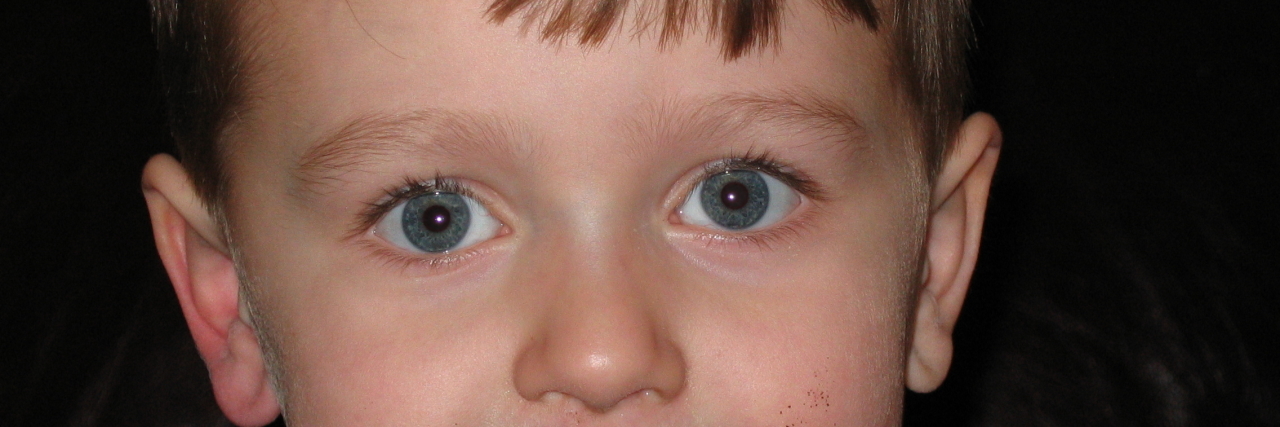We are so quick to point fingers at others, to “throw someone under the bus” because it’s a lot easier than pointing the finger at ourselves and a lot less painful when it’s someone else “under the bus.” For this year’s Autism Acceptance and Appreciation Month, I’m gonna throw myself under the bus with 30 days of confessions, screw-ups and guilt (trust me, we could go way past 30 days).
Yeah, it’s going to hurt like hell remembering all those ouchy moments that left their mark. But don’t worry, there will be no need to rescue me because as you will see, I learned from my mistakes, in my own time, in my own way, and my son Ryan was the one who rescued me.
In fact, he was the only one who could.
My hope is that you will learn through my mistakes and not make the same mistakes I did. By learning from my 30 days of screw-ups, I hope you will become more accepting, more appreciative and more accommodating of those who may not think, communicate, or interact with the world the same way as you do. By understanding more, you will learn that autistic people are in no way less. And it will be like 30 days of confessions/therapy for me, so feel free to bill me your copay.
Screw-up #1:
“Look at me when I’m talking to you.” I said it for years When Ryan was little and his eye contact was so limited, I would forcibly take his face in my hands and make him look at me. Ugh.
He was in sixth grade sitting at his desk in his bedroom as I stood next to him talking about something that needed his full attention when I said those words to him again, “Look at me when I’m talking to you.” In complete and utter frustration, he yelled, “I can’t look at you if you want me to hear you. It’s just too much.”
Gulp. Yep, I got it, finally. All those years when Ryan didn’t make eye contact, he was giving me his full attention even if he wasn’t looking directly at me. After years of coercing, asking and even yelling, “look at me,” I finally understood why he couldn’t.
Have you ever been driving somewhere and as you get closer to your destination, you immediately turn the radio down? The sound of the radio does nothing to help you see better, but it does seem to help you focus by eliminating one source of input that is not needed. Eye contact is difficult for many autistic people, as is communication, so looking at you while trying to understand you might just be too much work. Eye contact is distracting, uncomfortable and “too much.”
So next time someone doesn’t look you in the eye, don’t assume they aren’t listening or that they are being “non-compliant” or disinterested. Just continue to talk to them as you would anyone who is looking directly at you, and I bet you will find out they have heard you loud and clear.
It took me years, but I finally heard Ryan and realized he was hearing me all along.

